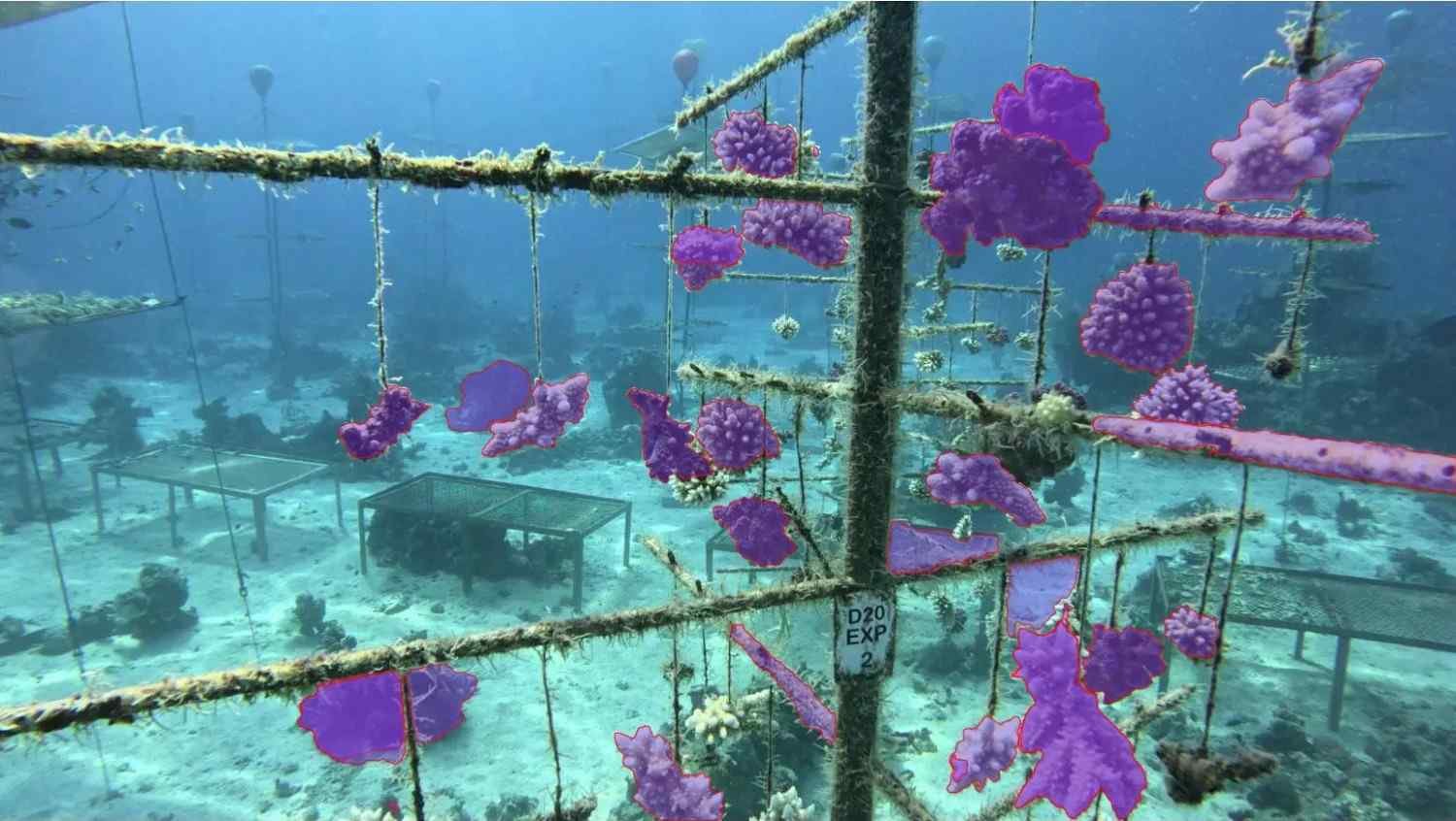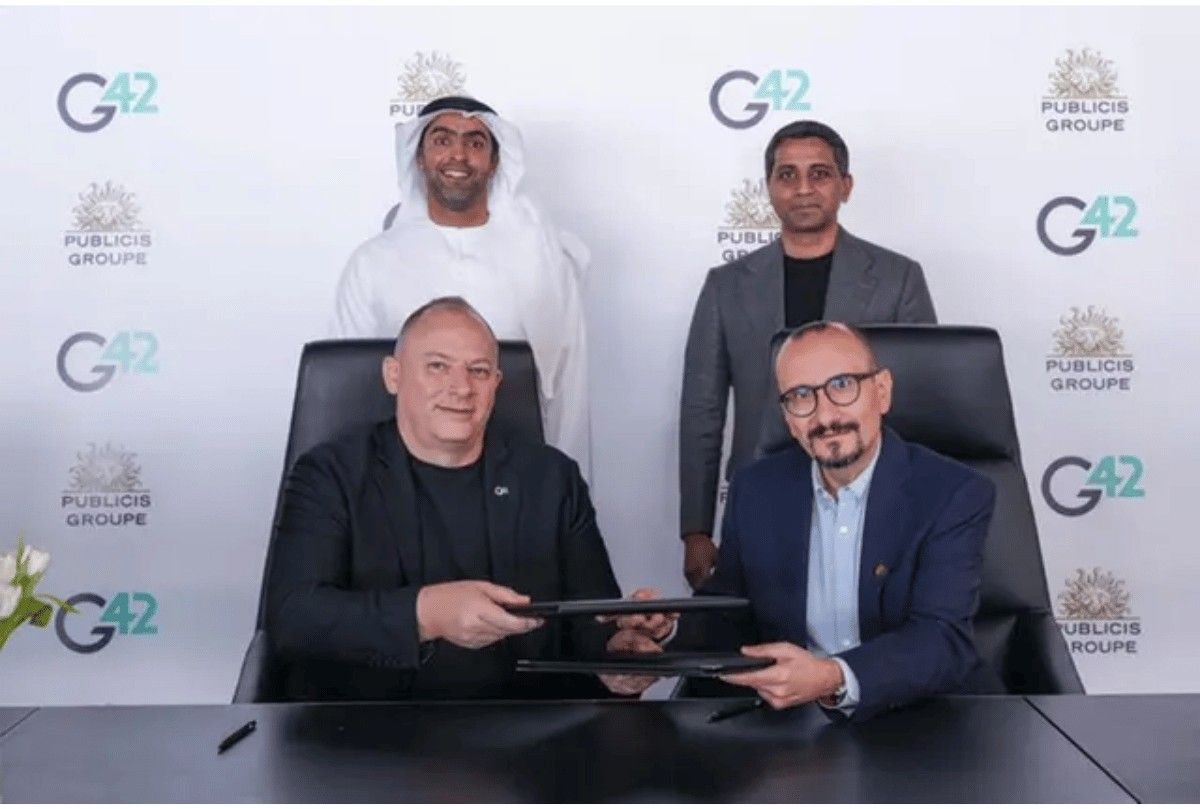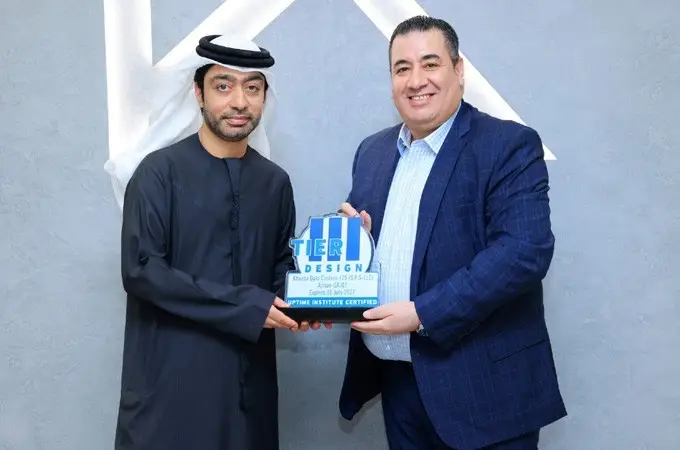A pioneering two-year project is leveraging artificial intelligence to revolutionize coral monitoring and restoration across a 100-hectare reefscape in the Red Sea. This initiative, led by digiLab and King Abdullah University of Science and Technology (KAUST), aims to fast-track coral reef restoration at an unprecedented scale using AI-enabled tools to enhance coral resilience and environmental monitoring.
The project addresses critical factors such as thermal tolerance and growth by integrating AI solutions that improve environmental sensor capabilities. DigiLab’s expertise in “uncertainty quantification” allows faster, more accurate assessments of coral health and key stressors like temperature and light, reducing monitoring time from two months to two weeks through advanced computer vision techniques.
A flagship element of the initiative is the development of a first-of-its-kind AI-powered digital twin platform to simulate and predict reef ecosystem behavior in real time. This digital twin supports the KAUST Coral Restoration Initiative (KCRI), which aims to plant two million corals by 2030, and facilitates comprehensive monitoring both in underwater nurseries and on land.
To maximize data usability within the massive 22-petabyte digital twin, digiLab is integrating an intelligent large language model (LLM) platform called chatReef, enabling efficient querying of structured and unstructured data to support data-driven decision-making.
Dr. Liz Goergen, Head of Monitoring at KCRI, emphasized the project’s scale and the need to extend beyond conventional restoration methods. This collaboration exemplifies a scalable AI approach to environmental conservation, offering methodologies adaptable worldwide to safeguard vital reef ecosystems amid growing environmental challenges.















